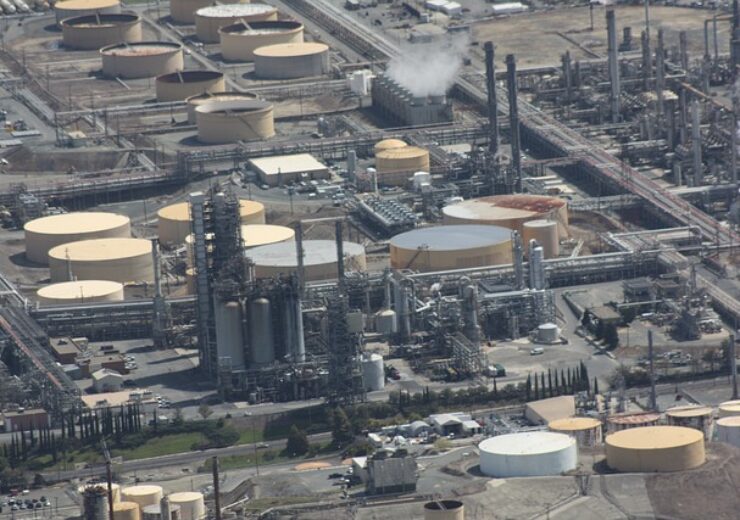The project partners have decided to move ahead with a concept that calls for the installation of four electrical liquefaction trains with a combined capacity of four million tons per annum of liquefied natural gas that will be built within the existing liquefaction plant of PNG LNG

The Papua LNG project in PNG will have four trains with a combined capacity of 4Mtpa. (Credit: jpenrose from Pixabay )
TotalEnergies and its partners ExxonMobil and Santos have launched the fully integrated front-end engineering and design (FEED) for the Papua LNG project in Papua New Guinea (PNG).
The three partners have decided to move ahead with a concept that calls for the installation of four electrical liquefaction trains (e-trains) with a combined capacity of four million tons per annum (Mtpa) of liquefied natural gas (LNG).
The concept has been selected following pre-FEED studies with an aim to maximise synergies, while minimising the costs. The Papua LNG project’s trains will be constructed within the existing liquefaction plant of PNG LNG located in Caution Bay.
Besides, the Papua LNG project has secured the use of 2Mtpa of additional liquefaction capacity in the existing trains of the $19bn PNG LNG project, which has been operating since 2014.
ExxonMobil is the operator of the PNG LNG project in which Santos is one of the participants.
According to TotalEnergies, the construction and operation of the e-trains of the Papua LNG project will be assigned to ExxonMobil.
As part of the integration between the two LNG projects in Papua New Guinea, TotalEnergies has signed a head of agreement with JX Nippon for divesting a 2% stake in the Papua LNG project to the latter.
JX Nippon, which is an affiliate of ENEOS, is also a stakeholder in the PNG LNG project.
Currently, TotalEnergies is the operator of Papua LNG with a 40.1% stake, while ExxonMobil and Santos hold stakes of 37.1% and 22.8%, respectively.
The Papua New Guinea government could exercise a back-in right to take a stake of up to 22.5% interest when the final investment decision (FID) is taken on the midstream project, which is expected by the end of this year or early 2024.
Papua LNG’s start-up is slated four years after taking the FID, said TotalEnergies.
TotalEnergies exploration & production and renewables Asia Pacific senior vice president Julien Pouget said: “TotalEnergies and its partners are working closely with the Government, the communities, and the local economic network to ensure the Papua LNG Project serves as a landmark on the societal and environmental front for the LNG industry.
“This project, strongly supported by the Papua New Guinea State, will contribute to the security of LNG supply, especially for customers in Asia, where LNG can substitute coal for power generation and participate in a substantial reduction of CO2 emissions in the region.”
